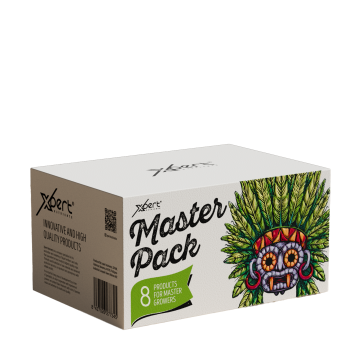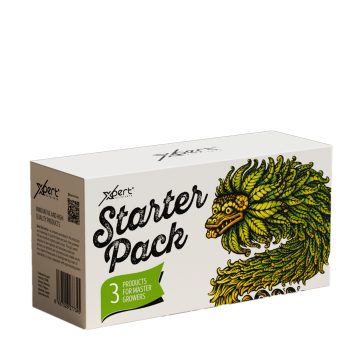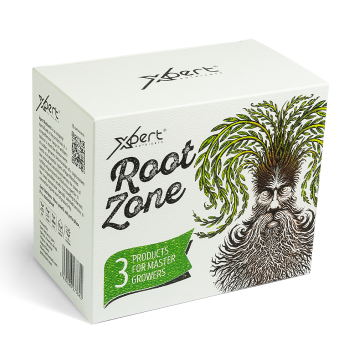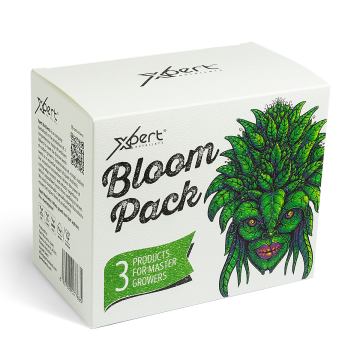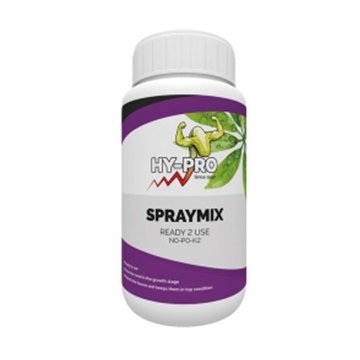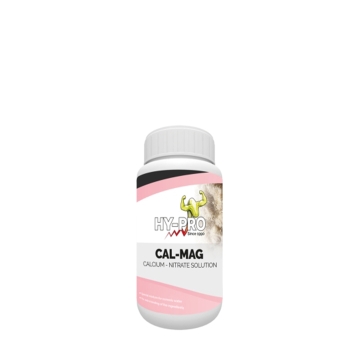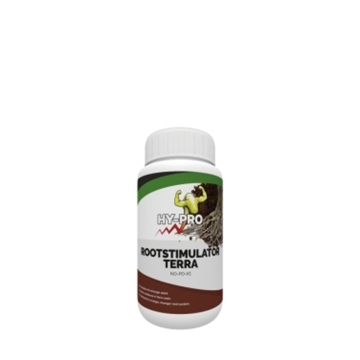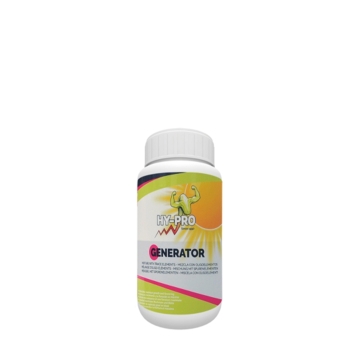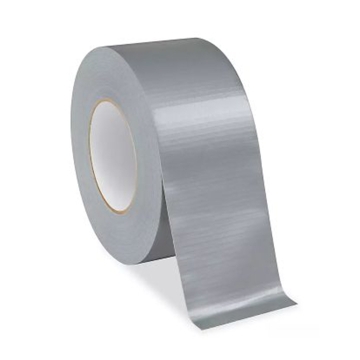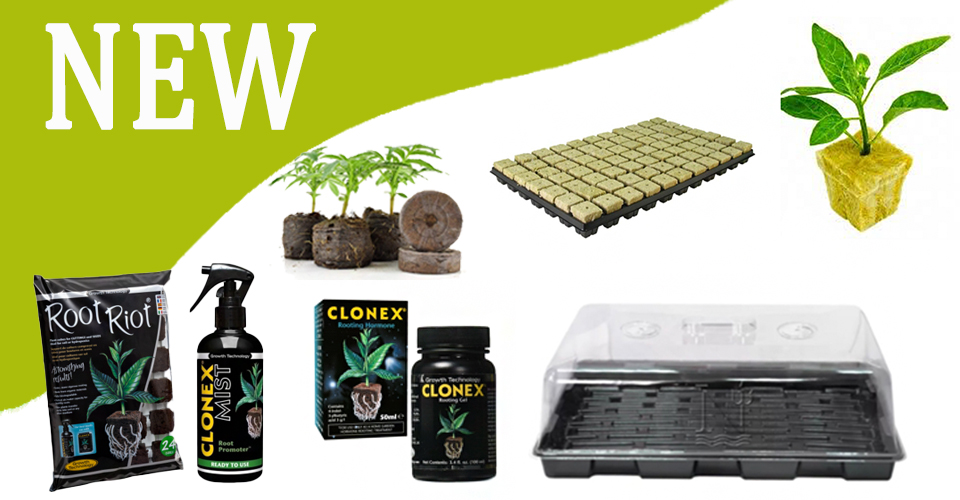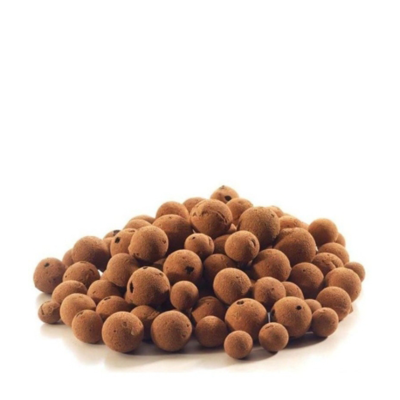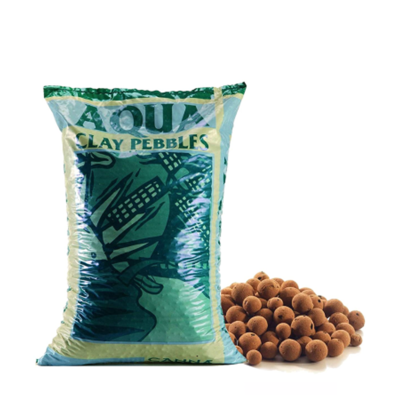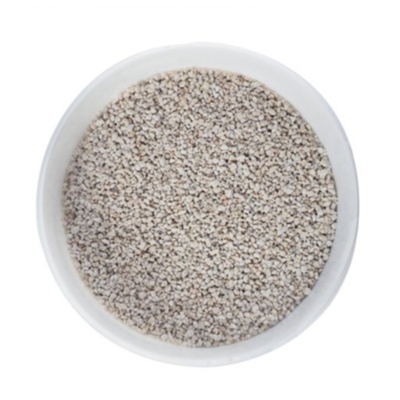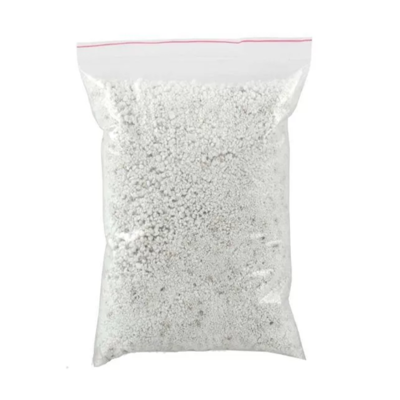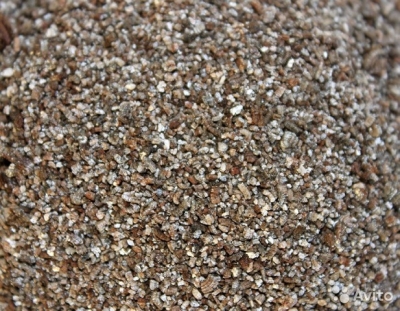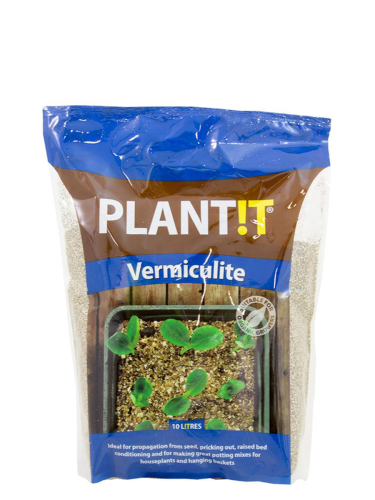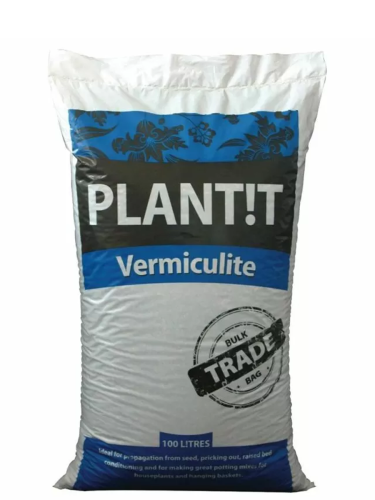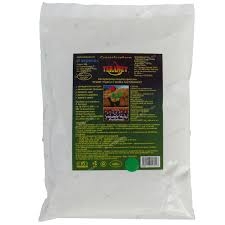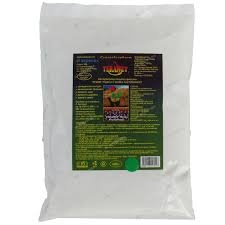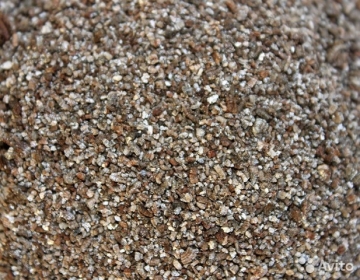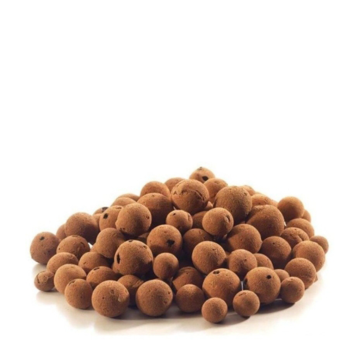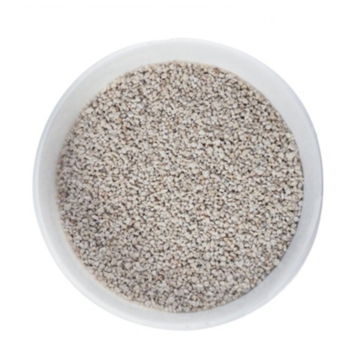KERAMZITE, VERMICULITE, PERLITE

Canna pebbles 8-16mm 1L
Keramsite (clay pebbles) is produced by using a combination of the best quality pure clays. Keramzite is baked in an open furnace using high-grade clean fuels, guaranteeing the absence of heavy metals or other contaminants.
CANNA Clay Pebbles 45L
CANNA Aqua Clay Pebbles are baked clay pellets that form an ideal substrate for use by experienced growers.
pH: 6.5-8.5
EC: 0.3mS/cm
Agro perlite 1L
Agroperlite retains moisture. It is used when growing flowers , vegetables and transplanting trees and bushes.
Agro perlite 100L
Agroperlite retains moisture. It is used when growing flowers , vegetables and transplanting trees and bushes.
- Example application scheme for potted plants: mix 1 part agro perlite with 2 parts soil enriched with fertilizer.
- Example application scheme for seedling production: mix 2 parts agro perlite , 2 parts soil and 1 part peat.
Vermiculite 1L
Vermiculite is a natural mineral from the Hydromica group that forms in the bowels of the earth.
After processing at a temperature of 1000 C, it becomes a light porous material. It is inert, chemically and biologically stable, sterile. Thanks to the content of trace elements such as: calcium, magnesium, potassium, iron and silicon, vermiculite is a natural biostimulant for plant growth.
- Density: 80-100kg/m3
- Fraction: 2-5mm
- pH – 7
- Does not contain asbestos
Plant it Vermiculite 10L
PLANT!T Vermiculite is a natural, sterile soft mica mineral with great water holding and insulation properties.
It also offers a high cation exchange capacity, which means that it will slowly release nutrients back to your plan that it has absorbed during watering. Using PLANT!T Vermiculite can also aid propagation when used as a top layer, as it reduces evaporation.
Using PLANT!T Vermiculite also reduces plant stress in extreme weather conditions due to its insulation properties. PLANT!T Vermiculite is easy and safe to handle, odourless, lightweight and simple to use.
Vermiculite 100L
Vermiculite is a natural mineral from the Hydromica group that forms in the earth's bowels.
After processing at a temperature of 1000 C, it becomes a light porous material. It is inert, chemically and biologically stable, sterile. Thanks to the content of trace elements such as: calcium, magnesium, potassium, iron and silicon, vermiculite is a natural biostimulant for plant growth.
- Fraction: 2-5mm
- pH – 7
- Does not contain asbestos
- Volume - 100 liters
Properties:
- With its high sorption property and air capacity, vermiculite is an excellent moisture regulator and has a positive effect on root development.
- It is added to soil mixtures in order to maintain optimal conditions of soil moisture, air capacity and heat balance, creating favorable conditions for plant nutrition.
- Thanks to its porous structure, its granules immediately absorb moisture and nutrients (100g absorb about 400ml of water) gradually releasing them to the plants.
- The use of vermiculite as a component up to (40%) in the substrates significantly improves the drainage properties of the mixture, increases the porosity and looseness, prevents sealing and compaction of the soil, protects the roots from sharp temperature fluctuations.
- It protects the roots from rotting due to overwatering while retaining the moisture until the roots absorb it.
- Unlike agroperlite, it retains moisture for a longer time.
- Thanks to its excellent insulation properties, it creates a favorable environment for the storage of bulbs, tubers and rhizomes.
- It has a high ion exchange capacity, retaining the positively charged ions of potassium, magnesium and other microelements introduced with fertilizing, which it gradually releases to the plants.
- Significantly improves the structure and aeration of heavy clay soils and the moisture-holding capacity of light sandy soils.
- Thanks to its neutral pH, it can reduce the acidity of the soil to some extent and slow down the process of salinization.
- Especially suitable for the construction of lawns, as it protects them from over-wetting or over-drying.
- Due to its low thermal conductivity, it reduces the risk of frost on the root system of perennial plants.
- In case of excess fertilization, vermiculite absorbs micro- and macroelements, while reducing losses of ammonium and nitrate nitrogen.

